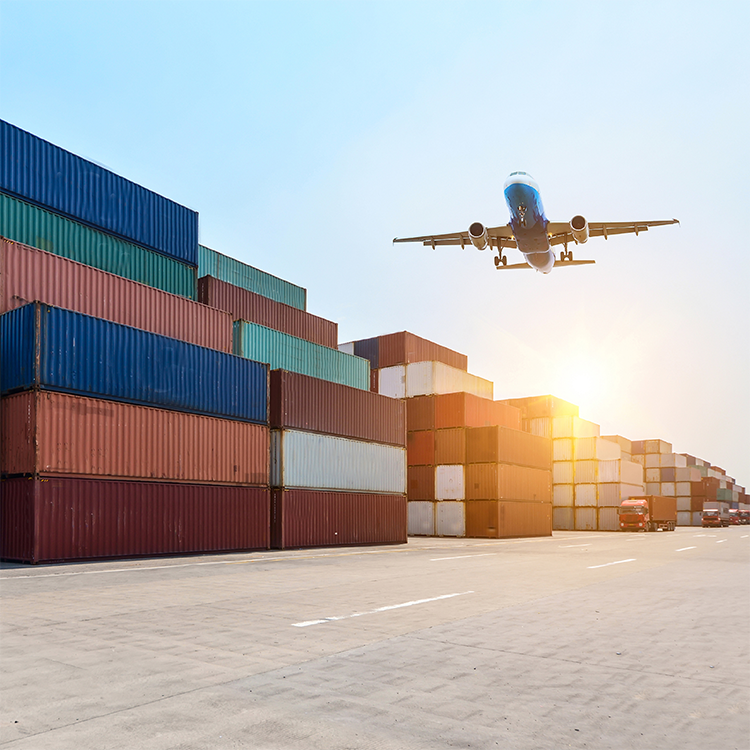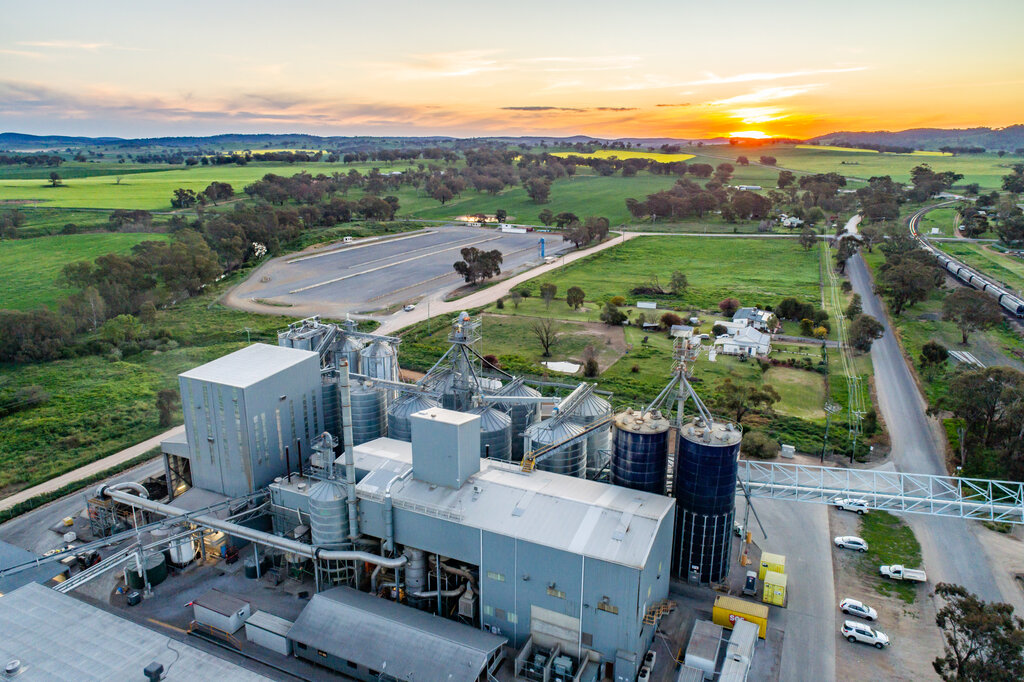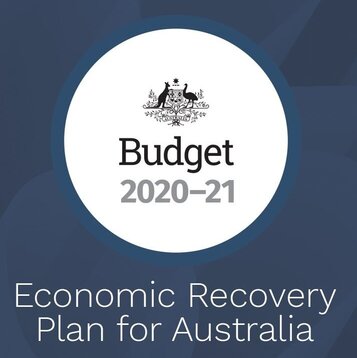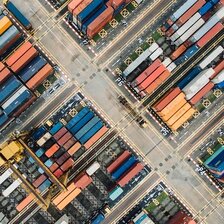NSW Strengthening business and community ties with India
Trade, investment and collaboration with one of the world’s most dynamic economies will be the focus of a COVIDSafe Australia-India bilateral awards initiative coming to Sydney in 2021 under a three-year partnership with the NSW Government.
Minister for Jobs, Investment, Tourism and Western Sydney Stuart Ayres said the India Australia Business and Community Awards (IABCA) would complement other activities designed to promote greater links with the Asia-Pacific giant.
“India’s rapidly expanding economy remains one of the world’s most promising sources of growth and continues to generate immense opportunities for Australian firms.”IABCA founder Sonia Sadiq Gandhi said the IABCA was designed to celebrate bilateral exchange across agriculture, education, energy, financial services, healthcare, infrastructure, resources, science and innovation, sport and tourism.
“The state of NSW plays a significant role in Australia’s rapidly developing economic ties with India, accounting for $1.8 billion of trade revenue annually,” Ms Gandhi said.
“This promising relationship has been well-illustrated through the IABCA platform.”
The IABCA, scheduled for next March, will form part of the NSW Government’s broader engagement, including initiatives such as the recently concluded, 12-month long Access India program, supporting firms to connect with the country’s fast-paced technology sector.
Trade and investment with India will also be supported under the Government’s Going Global program, part of a $12 million package launched last month by Deputy Premier John Barilaro and Treasurer Dominic Perrottet.
Going Global will provide export coaching, networking and in-market assistance through 15 tailored programs covering ten sectors and nine markets, including India, targeted at market-ready NSW scale-ups and fast-growth SMEs in a variety of sectors, including food and beverage, MedTech, advanced manufacturing and Cleantech.
“Diversifying our markets to spread risk and create new sources of growth will be more important than ever as we emerge from the global pandemic.”Further information about Going Global and other assistance is available global.nsw.gov.au/nsw-export-assistance-package.global.nsw.gov.au/nsw-export-assistance-package..










